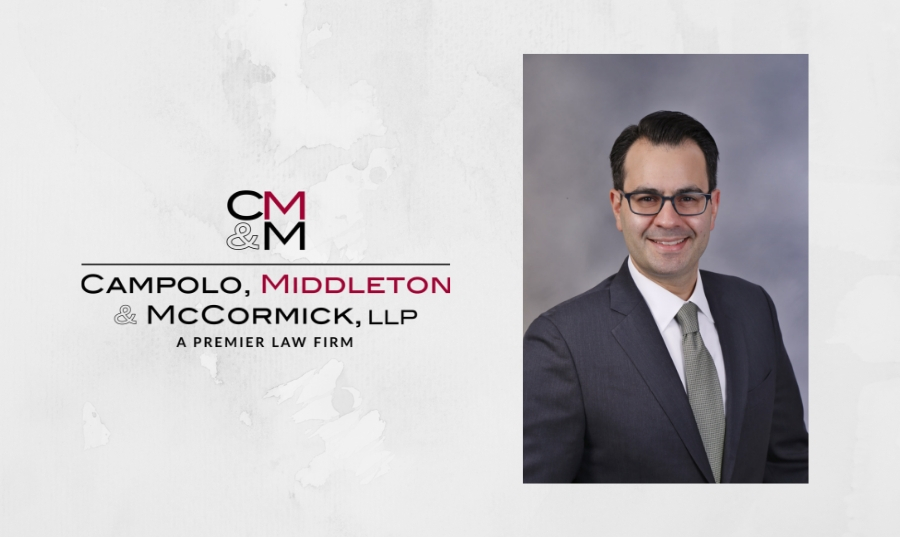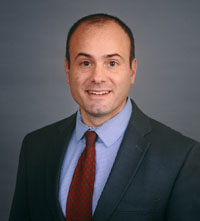In a recent decision with implications for the extraterritorial reach of the Foreign Corrupt Practices Act (FCPA), the U.S. Court of Appeals for the Second Circuit held in United States v. Hoskins that foreign nationals who cannot be convicted as principals under the FCPA cannot be held liable for conspiring to violate, or aiding and abetting a violation of, the statute. In doing so, the Court rejected an avenue that the government has long used to assert jurisdiction over foreign nationals with no other connection to the United States.
The FCPA specifically sets out three categories of entities or persons who come under its purview: (1) issuers of securities in the U.S., as well as their officers, directors, shareholders, employees, and agents; (2) “domestic concerns,” i.e., U.S.-based companies, citizens or residents; and (3) any foreign entity or non-U.S. person who takes steps in furtherance of a corrupt payment while in the territory of the United States.[1] Therefore, if judged based on the plain text of the statute, a non-U.S. national who is not an agent of a U.S. domestic concern or issuer and who never takes actions in furtherance of the alleged corrupt scheme within the U.S. territory falls outside of the substantive provisions of the statute.
To bring such persons under the jurisdictional reach of the FCPA, the Department of Justice (DOJ) has long used conspiracy and complicity charges, and enjoyed great success, as several high-profile FCPA settlements in recent years, including the TSKJ joint venture,[2] have relied on conspiracy and complicity theories. In fact, the DOJ unabashedly touts this specific ability in A Resource Guide to the U.S. Foreign Corrupt Practices Act, published jointly with the Securities Exchange Commission (SEC): “Individuals and companies, including foreign nationals and companies, may also be liable for conspiring to violate the FCPA – i.e., for agreeing to commit an FCPA violation – even if they are not, or could not be, independently charged with a substantive FCPA violation.”[3]
Enter the Hoskins case. In Hoskins, the government charged Lawrence Hoskins, a British citizen who worked for a U.K. subsidiary of the French company Alstom S.A. (Alstom), with, inter alia, conspiracy to violate the FCPA and aiding and abetting others in doing so. Alstom’s U.S. subsidiary allegedly “retained two consultants to bribe Indonesian officials who could help secure a $118 million power contract” for Alstom.[4] The government alleged that although Hoskins never traveled to the U.S. during the scheme, he was one of the persons responsible for approving the selection of the consultants and authorizing payments to them with knowledge that portions of the payments were intended as bribes, and as such, Hoskins is independently liable for conspiring with the company and its employees to violate the FCPA. The District Court disagreed, however, holding that Hoskins could not be liable for conspiracy if he could not be liable for a direct violation of the FCPA.[5]
On interlocutory appeal, the Second Circuit focused its analysis on “whether the government may employ theories of conspiracy or complicity to charge a defendant with violating the FCPA, even if he is not in the category of persons directly covered by the statute.”[6] The Court determined that Congress had exhibited “a desire to leave foreign nationals outside the FCPA when they do not act as agents, employees, directors, officers, or shareholders of an American issuer or domestic concern, and when they operate outside United States territory.”[7] The Court also reasoned that under the Supreme Court’s decision in RJR Nabisco, Inc. v. European Community, the presumption against extraterritoriality requires dismissal of conspiracy and complicity charges against Hoskins, even if the FCPA is intended to have extraterritorial reach.[8]
The upshot was that in stark contrast to how the government viewed its ability to bring conspiracy and aiding and abetting charges against non-covered persons, the Court expressly refuted the government’s expansive interpretation of the FCPA’s application and extraterritorial reach to such non-covered persons. The Court, like the Castle court[9] before it, appears reluctant to expand FCPA-related liability beyond the categories of persons explicitly specified in the statute.
It remains to be seen exactly how the government will react to the Hoskins decision. The government may still pursue its case against Hoskins under agency theories, because the Court allowed the government to continue on the grounds that Hoskins acted as an agent of a “domestic concern,” liable as a principal for substantive violations of the FCPA. Another possibility is increased cooperation among international regulators, so that foreign regulators can step in to enforce their local anti-corruption laws where FCPA actions by the DOJ and the SEC are not legally feasible. Taken together, these other potential avenues of extending the FCPA’s reach to foreign individuals suggest that the practical impact of the Hoskins decision may be fairly limited.
One place where the decision may have noticeable impact, however, may be on the U.S. government’s ability to reach the conduct of foreign companies that enter into joint ventures with U.S. issuers or companies. Historically, DOJ charged the foreign JV partners with conspiracy to violate the FCPA,[10] an avenue now expressly invalidated by Hoskins. Charging them under agency theories also presents difficulties, given the complexity of international JV structures and the uncertainty in federal law as to the meaning of “agency” and the fact-specific nature of that determination.
Contracting parties to international JV agreements would therefore be well advised to include contractual provisions specifying their intent not to form an agency relationship, since although courts will look to the effective, rather than formal, relationship between the parties, such contractual language can be relevant evidence for a factual determination.
But, regardless of how future FCPA enforcement actions develop, the Hoskins opinion should not be seen as providing a safe haven for bribery abroad by foreign nationals, especially as anti-bribery enforcement continues to ramp up in many countries across the globe and cooperation among international regulators deepens. In the end, the best practice for companies is to maintain a strong compliance program geared toward snuffing out corruption before it occurs.
[1] See 15 U.S.C. §§ 78dd-1, 78dd-2, 78dd-3.
[2] See http://www.fcpablog.com/blog/2011/12/29/tskj-the-fcpas-whale.html for overview of the settlement.
[3] DOJ and SEC, A Resource Guide to the U.S. Foreign Corrupt Practices Act (2012), pg. 34.
[4] United States v. Hoskins, 902 F. 3d 69, 72 (2nd Cir. 2018).
[5] United States v. Hoskins, 123 F. Supp. 3d 316, 327 (D. Conn. 2015).
[6] United States v. Hoskins, 902 F. 3d 69, 71 (2nd Cir. 2018).
[7] Id., at *93-94. The Court also pointed out that the government’s position “would transform the FCPA into a law that purports to rule the world.” Id., at *92.
[8] Id., at *95-97; see also, RJR Nabisco v. European Community, 136 S. Ct. 2090 (2016).
[9] In United States v. Castle, 925 F. 2d 831 (5th Cir. 1991), the Fifth Circuit held that foreign official could not be liable for conspiracy to violate the FCPA because the statute’s text and legislative history indicate that Congress intended to exclude that group of individuals from prosecution.
[10] See, e.g., United States v. JGC Corp., Document No. 4, Deferred Prosecution Agreement at ¶ 1, Case No. 4:11-cr-00260 (S.D. Tex. Filed April 6, 2011) (acknowledging charge of conspiracy with domestic concern to violate the FCPA).







 By Mark Harrington
By Mark Harrington 

